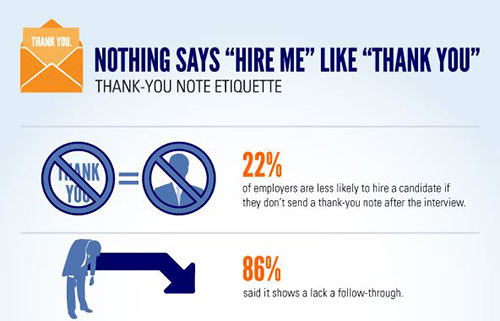 As we move through our careers, the bosses we have shape us. As your career progresses, you will learn from good bosses as well as bad. Our styles, methods and flaws are likely a reflection of how bosses made us think and work. Sometimes your relationship with a boss causes you to stay with an employer and in other cases it can drive you to search for a new career. Let me share with you my Mount Rushmore of the best bosses.
As we move through our careers, the bosses we have shape us. As your career progresses, you will learn from good bosses as well as bad. Our styles, methods and flaws are likely a reflection of how bosses made us think and work. Sometimes your relationship with a boss causes you to stay with an employer and in other cases it can drive you to search for a new career. Let me share with you my Mount Rushmore of the best bosses.
The Motivator/Results Boss – Kenny
One of my first bosses was Kenny Sanders. He was both inspirational – in almost a cheerleader kind of way – and at the same time a results-focused freak. He was like the player Jerry Maguire represented in the movie, with a “show me the money!” approach to the business world. While my current employees would have preferred me to adopt more of the cheerleader components of Kenny, I think the results focus had a more lasting impact. I remember Kenny (by the way who has a boss that actually goes by Kenny?) always had us clearly focused on the numbers and the deals we were doing.
The Risk Taker/Empowering Boss – Bill
Still early in my career, I was hired as a sales manager by a boss. He was the consummate risk taker. Bill always had a bet going with someone about something. In fact, when he hired me he was breaking a company guideline on how to fill an open position based on seniority and process. He wanted me and didn’t care what the HR department had laid out as the “proper” way to do things. He pointed his reports in a direction and then let us do our work. He hated to be surprised by things and although he was quiet and reserved in most instances, maybe not one to share much unless asked, he expected full disclosure from his direct reports. No holding back. I saw my fellow direct reports try to work him and hold back details…it was the downfall of many. The best thing you could do is step into his office and say “I made a mistake, let me tell you what happened” and let it loose. He would get mad and reinforce your mistake but when it was over, it was over. Mistakes did not get repeated.
The General – Dave
Dave was always at war. With corporate, with the distribution channel, with customers and with his staff. He was a win-lose guy. He wanted to win and everyone else needed to lose. He sent people on “missions” and into “battle.” He was not ex-military, but it sure felt that way. He demanded perfection and complete loyalty from employees. He supported employees to the ends of the earth, right or wrong, he was there 100% of the time. While he was fun to work for because everything was so clearly black or white, I learned a great lesson from him. When he is gone you need to remain comfortable with how you worked and what you did even for a new boss, perhaps less directive and less supportive. So it was a business is a balancing act. You cannot always win; you need to find more win-win options and exercise the win-lose scenarios less frequently.
The Coach – Manny
As you mature in your career and in business, sometimes you need someone to hear you out and offer ideas. Manny was a great listener and could offer feedback on the many options in front of you. He never needed his way, just offered advice. Always told you when you did good things, was willing to work with you on any ugly task or situation side-by-side, and was gentle on you when mistakes were clearly made. He made you want to do more, take more chances and to take on the ugliest of challenges. Never demanding, but rather a good reminder of what was required and when it was due.
So through your relationship with a boss, you are picking up leadership traits, styles and perhaps learning to do things a certain way. The best bosses can be making you better. The bad ones could be taking you down a path that will require correction in the future, perhaps even a search for a new career. Be aware and take the best and leave the rest behind.
Anyone willing to share their Mount Rushmore of best bosses or worst bosses?

 On our recruitment network forum, one recruiter asked recently asked: “Do you read the Resume or Cover Letter first?”
On our recruitment network forum, one recruiter asked recently asked: “Do you read the Resume or Cover Letter first?”










